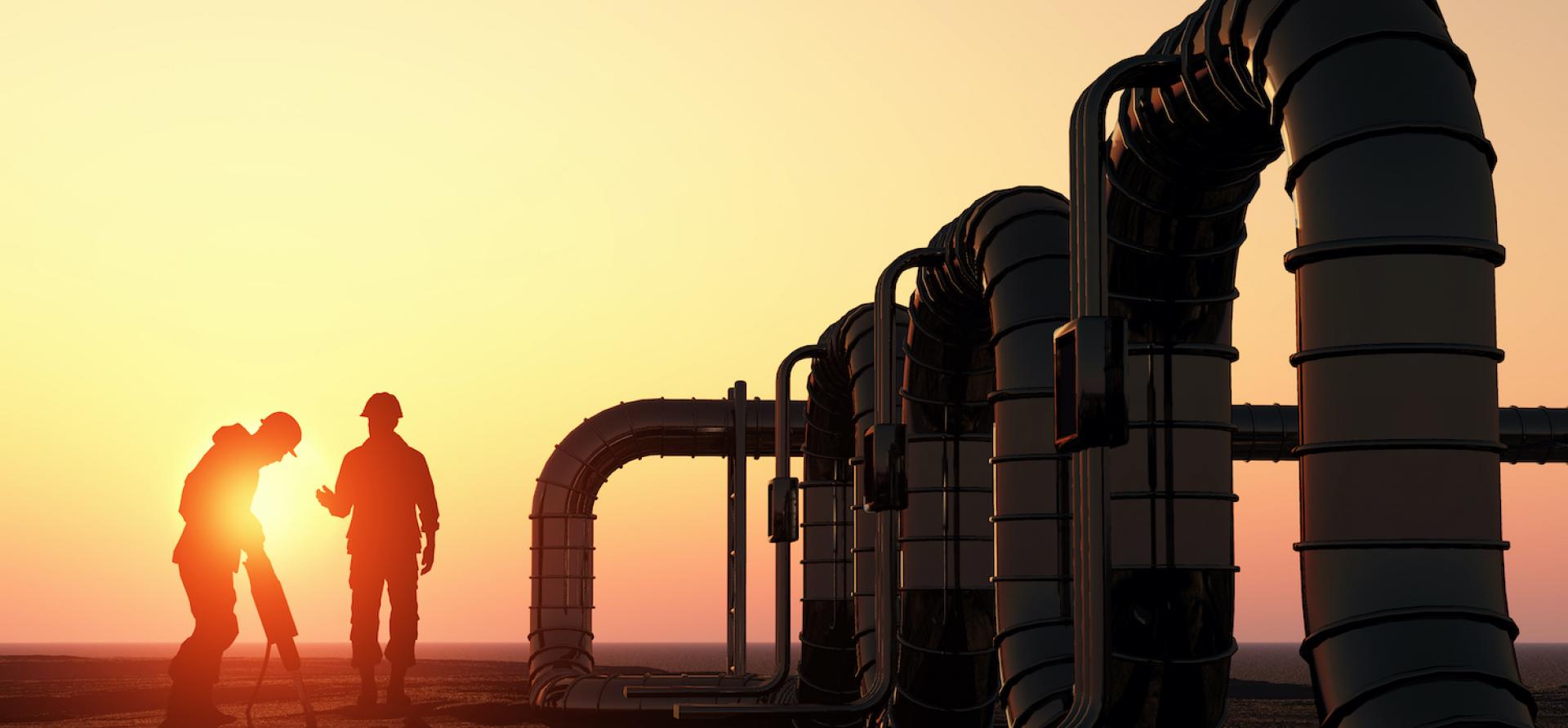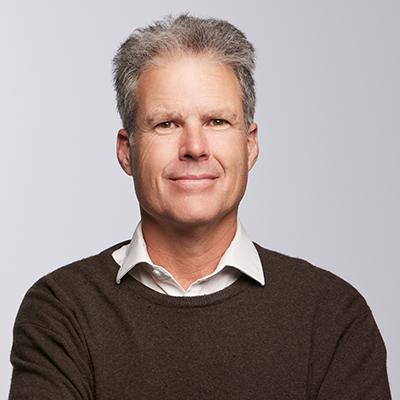IEEFA Australia: The glut of cheap gas and lack of capital to restart projects mean a gas-led strategy won’t lead to economic recovery

Key Findings
Australia's economic recovery needs short-term stimulus measures, focusing on industries that already have a competitive advantage.
Investing in more gas and LNG production, adding even more emissions, would be backwards step.
The suggested relocation of gas-based manufacturing to Western Australia, where a domestic gas reservation policy means gas is cheaper, highlights the failure of energy policy in the eastern states.
20 May 2020 (IEEFA Australia): A gas-led recovery from COVID-19, when there’s already a global gas glut with prices so low companies can barely give it away, makes no sense.
It is unbelievable how silly this proposal is from the COVID Commission.
Bruce Robertson, gas/LNG financial analyst with public think tank the Institute for Energy Economics and Financial Analysis (IEEFA) began investigating the Australian gas industry eight years ago when he found gas prices in Australia were not comparable with prices globally.
Since then, he’s uncovered what amounts to a price fixing gas cartel operating on the east coast of Australia, which has enabled the on-sell of Australian gas supplies to overseas customers without the returns in royalties or tax, and in so doing has limited supply and raised prices for Australian domestic and manufacturing customers.
“There are a couple of ways to fix both prices and the supply of gas in Australia without developing new sources,” says Robertson.
“A gas-led recovery is NOT one of those ways. It is unbelievable how silly this proposal is from the COVID Commission.”
Robertson says Australia’s economic recovery needs to focus on industries which are already doing well.
“Gas and LNG prices have bottomed globally, and companies everywhere are virtually giving gas away,” says Robertson.
“This will continue for at least eight years due to the massive over supply in gas globally.”
Producing gas on the east coast of Australia is very expensive
Robertson explains that producing gas on the east coast of Australia is very expensive, which makes gas a high cost product.
According to the independent energy research firm Rystad Energy, 67 per cent of undeveloped gas resources are at risk at current pricing levels, and 18 per cent of east coast production is uneconomic if current pricing continues.
“We are in a low cost gas world,” says Robertson. “Yet the government is now saying they want to keep gas at $6 -$7/gigajoule in the long term.
“Firstly, this is not possible without a gas reservation policy. The east coast of Australia is the only place in the world which doesn’t have such a policy to favour domestic consumers.
Paying twice the global price for gas means Australia cannot compete on the global stage
“And secondly, at current exchange rates, $6-$7 per gigajoule is not competitive on a global basis. Prices in the U.S. over the last year have averaged half that level.
“This means that the Federal government is wanting us to pay twice the global price for gas on the east coast of Australia!”
Robertson says paying twice the global price for gas means Australia cannot compete on the global stage with gas based manufacturing.
“Further, the gas-led recovery suggested by the COVID Commission is a long term view at best. Australia needs short-term economic stimulus measures to kickstart its economy over the next 12-24 months. A gas approach cannot do that.”
Ammonia based fertiliser prices are at 10 year lows
Robertson suggests the COVID Commission should be laying its bets on alternative investment in Australian industries that already have a competitive advantage, such as medical technology, agriculture, IT, tourism and zero emission renewable energy.
“As the government knows, gas and LNG are high emitters of methane which is worse for the climate than coal,” says Robertson.
“Investing in more gas and LNG production, which will add even more dangerous emissions to the atmosphere is a backward step, particularly as Australia has just come out of the most catastrophic bushfire season we have ever experienced, with the next fire season just a few months away.”
Another proposal from the COVID Commission is a proposed fertiliser plant at Narrabri in New South Wales, yet ammonia based fertiliser prices are at 10 year lows.
The Commission has also rebirthed the trans-Australian gas pipeline which was proven uneconomic by government funded industry consultants just 18 months ago.
Capital is not investing now because it not economic.
Finally, the Commissioner suggested moving gas-based manufacturing to the West where gas is cheaper, highlighting the complete failure of energy policy in the eastern states. Western Australia has a domestic gas reservation policy ensuring the future of gas-based manufacturing. The eastern state consumers, on the other hand, are left to the mercy of the gas cartel, a ruthless cabal that has sent gas intensive industry broke, stifled investment and raised electricity prices. A full domestic gas reservation on existing and future gas fields would ensure that eastern Australian gas and electricity consumers prospered with more reasonable prices.
“All of these COVID Commission proposals are rehashed ideas that right now simply look like subsidy driving exercises,” says Robertson.
“Even the gas industry itself has pulled back from further development in sites around Australia, because the major global gas glut which will last until 2030, and lower than low prices, has made the economic future of LNG / gas uncertain.”
Gas industry projects now on hold – in the Beetaloo Basin (Northern Territory), the Bowen Basin, the Galilee Basin in Queensland and the North West Shelf in Western Australia – are lacking private capital to go forward, and capital is not investing now because it not economic.
“Australia can’t develop an industry when that industry itself is telling us that it can’t develop without significant subsidies,” says Robertson.
“The gas executive dominated COVID Commission sees only one solution to the eastern Australian economy – investing in a fuel where Australia does not have a global competitive edge.
“The Commission instead should invest in industries where Australia has proven competitive advantage.”
Media contact: Kate Finlayson ([email protected]) +61 418 254 237
Analyst contact: Bruce Robertson ([email protected])
About IEEFA: The Institute for Energy Economics and Financial Analysis (IEEFA) conducts research and analyses on financial and economic issues related to energy and the environment. The Institute’s mission is to accelerate the transition to a diverse, sustainable and profitable energy economy. (www.ieefa.org)















